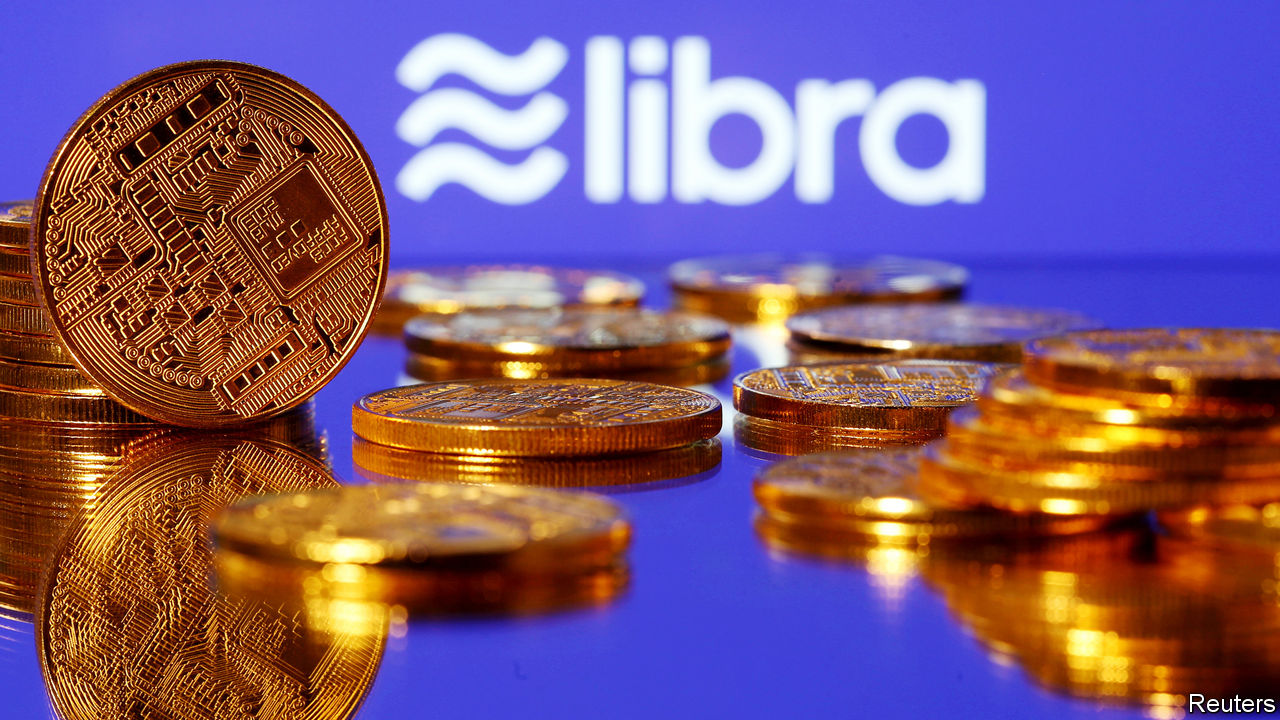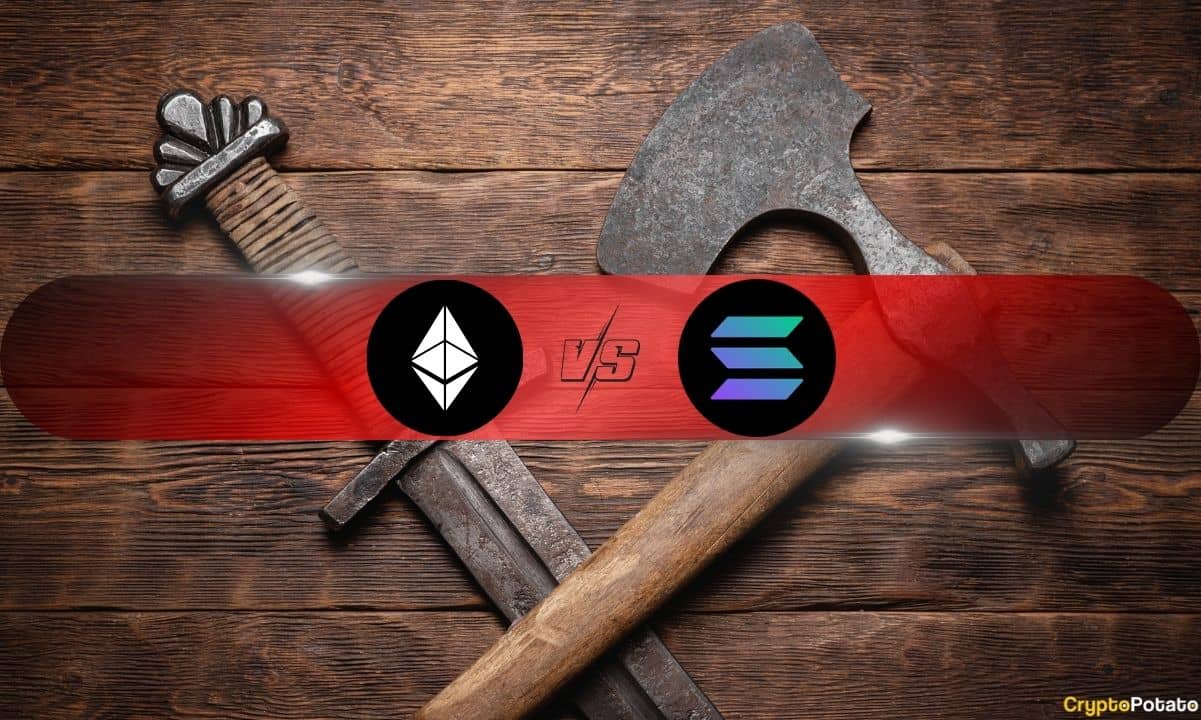Brahma’s partnership with Euler Labs introduces a credit card that taps directly into DeFi collateral, letting users spend without liquidating holdings. The innovation could redefine how crypto interacts with traditional payment rails.
Crypto credit card startup Brahma announced on July 18 that it has partnered with Euler Labs to launch Swype, a virtual card that lets users tap into their DeFi lending positions for real-world payments, without selling or bridging assets.
Crypto unlocked programmable capital. TradFi still owns the payment rails.
Brahma is changing that, building the backbone for Internet Finance.
Credit cards are just the first step.
First in action: https://t.co/MspvYGnahN
Comment "SWYPE" | Access codes DM'd at random.
Brahma… pic.twitter.com/NAHp3uSXMc
Built atop Brahma’s own onchain infrastructure and deployed initially on Base, the card allows qualified users to swipe at merchants worldwide by borrowing USDC against collateral held on Euler or AAVE.
Brahma said the process is executed in real time, governed by programmable logic defined by the user, and remains fully non-custodial. It’s the first live integration of Brahma’s Card SDK, with Euler providing the credit layer and Brahma handling policy, execution, and routing behind the scenes.
How Brahma’s Swype Card bridges DeFi liquidity to everyday commerce
For years, crypto users have faced a trade-off; either sell assets to access cash or lock them up in lending protocols for passive yield. Brahma’s solution, built on Euler’s lending infrastructure, eliminates that choice by turning collateral into a dynamic credit line at the point of sale.
The move comes as Brahma claims its existing onchain automation tools already handle over $100 million in capital and $1 billion in transaction volume, suggesting the team has the technical foundation to scale real-time payments.
At its core, Swype works by connecting DeFi lending positions directly to Visa’s payment rails. Users must hold at least $1,000 in deposits on Euler or Aave to qualify, after which they can request a virtual card through a one-time KYC check.
When a purchase is made, Brahma’s system automatically borrows USDC against the user’s collateral, settles with the merchant, and later repays the loan, all without requiring manual intervention.
According to the announcement, the card integrates with Apple Pay and Google Pay, giving it access to over 100 million merchants globally, and crucially, users retain control over their assets, setting custom borrowing limits and collateral preferences.
By abstracting away bridges and off-ramps, Brahma is effectively testing whether DeFi can compete with traditional payment processors on speed and usability. Still, challenges remain. Euler, while rebuilt after its 2023 exploit, must prove its resilience under real-world payment flows, and Brahma’s reliance on KYC may deter hardcore decentralization advocates.

















 English (US) ·
English (US) ·